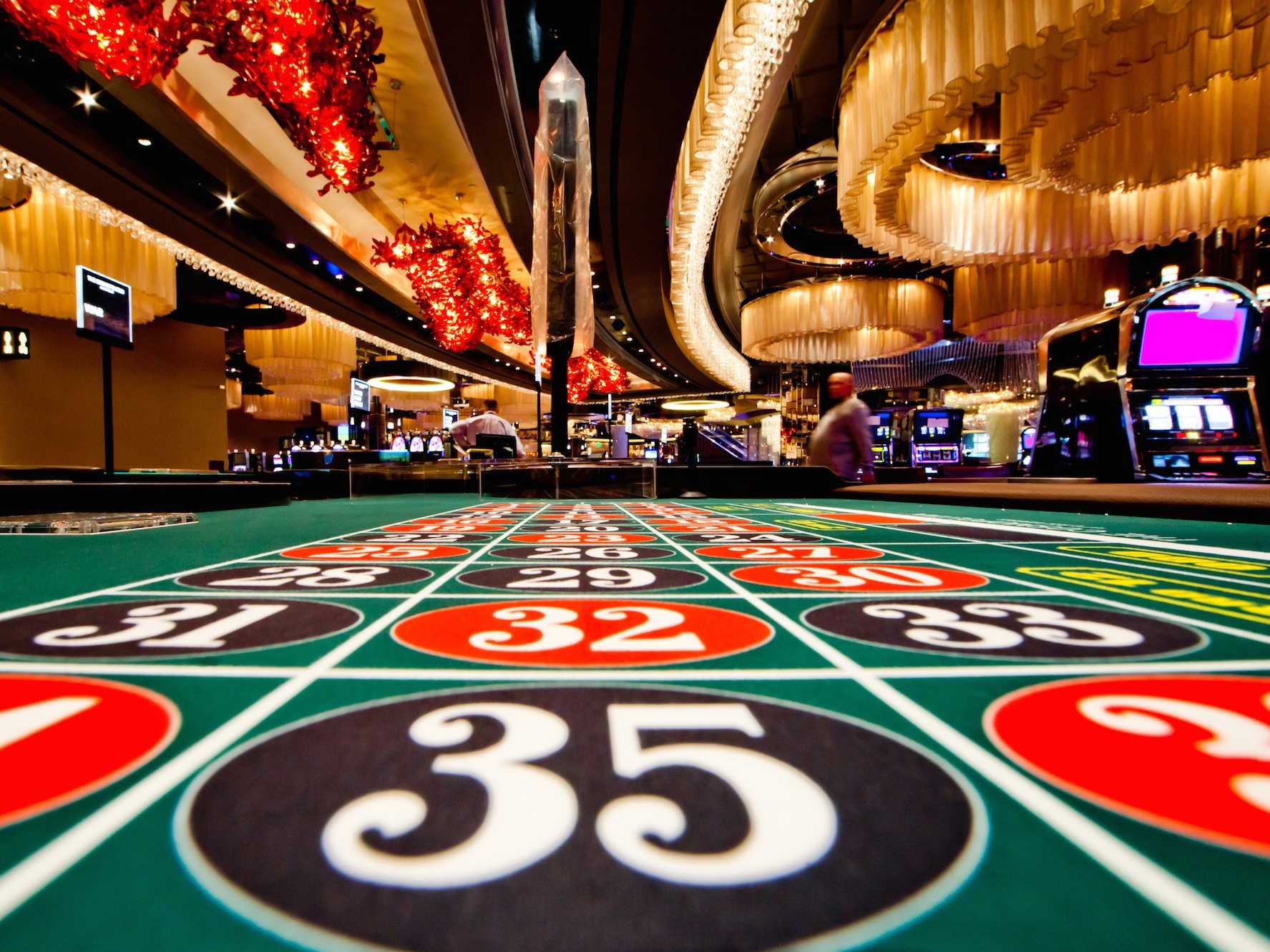Casino activities have long been connected with the thrill of risk and the adrenaline of luck. Many players walk into a casino with the assumption that their success is contingent solely on random fortune. However, a more profound examination reveals that these games encompass much more than just the element of luck. Understanding the rules, approaches, and human psychology behind casino games can greatly enhance the experience and improve one’s chances of winning.
Beyond the captivating sounds of rotating slots and gameplay, casino games involve a rich tapestry of talent, methodology, and judgment. Whether you are playing blackjack, poker, or even baccarat, knowing the methods can significantly influence the conclusion of the game. Moreover, the mindset of the players and understanding the odds behind each game can shift the equilibrium of success away from mere luck. By recognizing these layers, players can appreciate casino games as a blend of fun and minigame, transforming their perspective from one of idleness to one of active engagement.
The fascinating Psychology of Gambler’s Behavior
Understanding the psychology of gambling reveals that player behavior is motivated by much more than mere luck. The excitement of risk, immediate reward, and the potential for achieving large sums can create a intense emotional experience. Many players become captivated by the thrill, which can lead to a cycle of increased betting and risk-taking, often fueled by a hopeful optimism that colors their views of success probabilities.
Another key element of the mindset of casino games is an illusion of control. Many gamblers believe that their choices, such as the selection of games or betting patterns, can significantly influence the outcome. This belief can enhance their engagement and enjoyment, but it also adds to persistent gambling behavior, as players often underestimate the role of randomness within the games. The thrill derived from making choices gives players a sense of involvement, which can be deceptive in terms of grasping the true odds involved.
Additionally, the environment of the casino plays a crucial role in influencing a gambler’s experience. Factors like lighting, sounds, and the presence of fellow gamblers create a stimulating atmosphere that reinforces the thrill of the game. This carefully designed environment can lead individuals to lose track of time and money spent, as they become enveloped in a sensory experience that heightens their emotional investment. Identifying these psychological dynamics is essential for comprehending why casino games entice players and continue to them coming back for more.
Skill vs. Chance in Gambling Games
In the field of gambling games, the discussion between expertise and luck is a notable one. Numerous players are convinced that luck is the predominant factor, especially in activities like slots where outcomes are arbitrary. However, there are activities that clearly illustrate the significance of expertise, such as Texas Hold’em and 21, where players can apply tactics and decisions that affect their overall performance. Understanding the mechanics and intricacies of each activity can greatly affect a player’s performance and success.
The role of skill becomes evident when examining the different tactics available to players. In games like poker, for example, players must read their opponents, assess probabilities, and make educated decisions based on their cards and the community cards. This level of strategy showcases how skilled players can consistently surpass novices, proving that success is not solely based on luck but rather on the use of insight and experience. Similarly, in 21, players can use techniques like card counting to gain an edge over the house, further showing the significance of skill.
On the other hand, luck cannot be completely disregarded in any casino game. While expertise can enhance a player’s chances of winning, unpredictable outcomes still play a significant role. Even the best tactics can break down due to the arbitrary character of card draws or spin results. This interplay between expertise and chance creates a lively gaming environment where players must adapt and respond to random events while also utilizing their abilities. Ultimately, successful casino gaming is a mix of both factors, contributing to the intricacy and excitement of the gameplay.
Strategies for Success

To excel in gaming, players must understand the value of developing a strategy tailored to the particular title they are participating in. Each title has its own set of regulations, chances, and nuances that demand a thoughtful strategy. For example, in games like craps, players can utilize techniques such as statistical tracking to make more informed decisions and improve their chances of winning. Comprehending the likelihoods and returns associated with each game can allow players to make smarter choices and elevate their overall play experience.
Money management is another essential strategy that cannot be ignored. Players should set a spending plan for their gambling time and commit to it. This ensures that they do not go overboard and helps keep a level of control over their play behavior. Determining in advance what to stake and when to walk away can avoid emotional decisions that can result in significant losses. Effective bankroll management permits players to enjoy gaming without the concern of overextending financially.
In conclusion, gaining insights from play and observing other players can provide insightful insights. Many successful players spend time reviewing not only their own gameplay but also that of their peers. This scrutiny can expose different strategies and methods, ultimately promoting better choices. Engaging in self-reflection after gaming sessions helps players identify what was effective and what was ineffective, enabling them to adjust their strategies over time. By combining understanding, discipline, and awareness, players can increase their probability of triumph in casino games. https://f168.group/